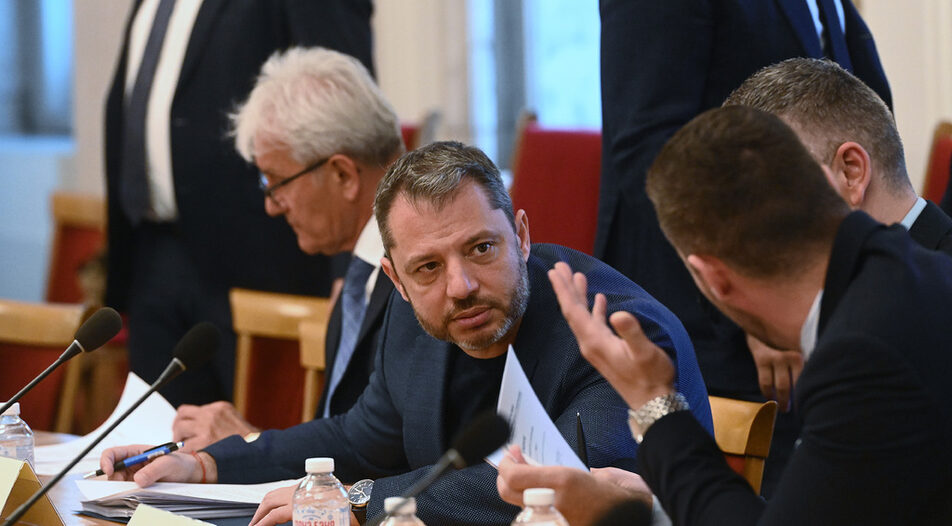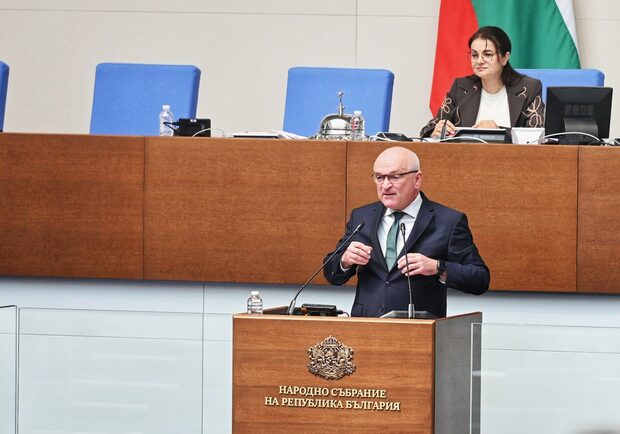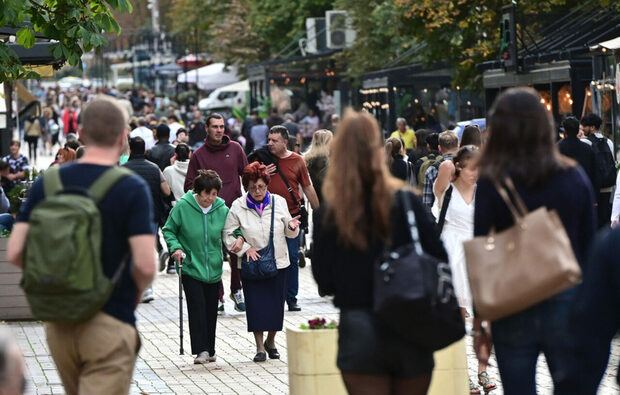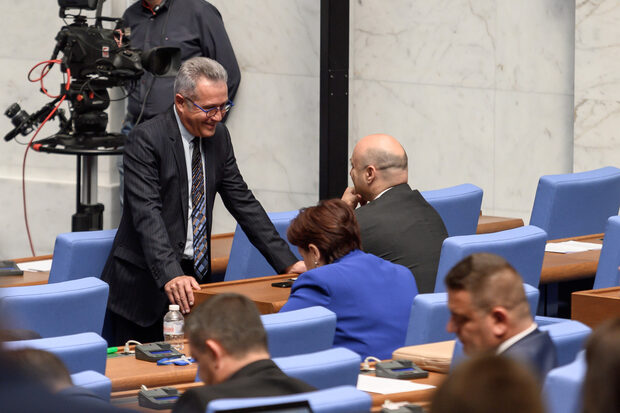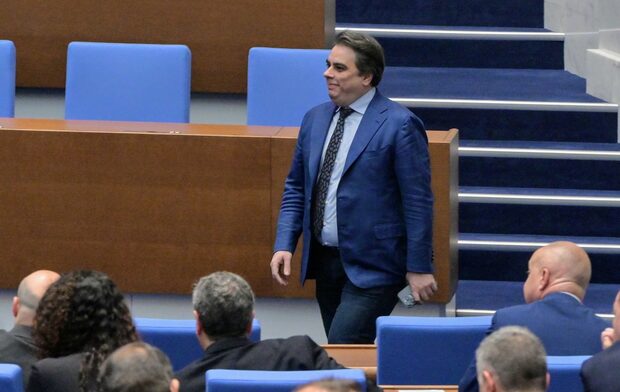The biggest energy reform in Bulgaria will be delayed for another year. Instead of happening on 1 July, the liberalization of the wholesale electricity market will start from 1 July 2025.
The surprise decision was voted on by the Energy Commission on April 17 and then quickly passed through Parliament. It was initiated by the MPs of BSP, GERB and MRF and supported by all parties except WCC-DB. Even though the decision has to go through Parliament for a second reading, it will likely get fast tracked.
Formal reasons for the U-turn were cited as the preparation required for the smooth transition from a regulated to a free electricity market, insufficient resources in the "Security of the Electricity System" fund, and the lack of a mechanism to ensure the liquidity of electricity supply companies under the new model of purchases from the energy exchange.
In reality, however, it is primarily about pre-election populism - MP's will be able to say that they have secured fixed electricity prices for households. Also, postponing the reform will allow the state to purchase energy from the Maritsa-Iztok 2 Thermal Power Plant by order of the Minister of Energy, covering its full costs - something that could not happen through the energy exchange. This will allow the state coal plant to agonize for another year, but there will be no layoffs of energy workers and miners.
The decision will have repercussions beyond the energy sector: the country will probably not receive the expected 1.3 billion levs under the Recovery and Resilience Plan, since energy reform is one of the mandatory requirements. Because of this, new talks with Brussels on the subject will be necessary.
Meanwhile, households will have missed the optimum moment for liberalization because electricity prices are currently at their lowest, even lower than the fixed ones for the households. So households are losing out on the opportunity to pay even less and escape the regulated market.
According to Radoslav Ribarski from WCC-DB, this decision simply "postpones the problem in time and nothing forces it except the (upcoming) elections". He maintains that GERB, MRG and BSP do not propose specific changes to improve the processes, but are simply moving the subject off the table as the upcoming vote looms.
On the flipside, the Chairman of the Energy Commission, GERB's Delyan Dobrev defended the amendment by saying that the only thing proposed is a postponement of the wholesale liberalization, but the final date for bringing households to the free market - January 1, 2026 - remains. He maintains that during the time of the "Denkov" cabinet, not enough was done, households were not prepared and there is ambiguity regarding the definition of energy poverty. In addition, the System Security Fund lacks the money to subsidize households if they need it.
The representatives of the three electricity distribution companies - Electrohold, EVN and Energo-pro - also backed the postponement of the reform.
No money from Europe
The changes to the Energy Law, which introduced the liberalization of the wholesale electricity market, were voted through in the autumn of 2023 with the votes of the then parliament majority of GERB, WCC-DB and MRF. The driving force at that time was the Recovery and Resilience Plan and, more precisely, the second payment under it totaling 1.3 billion levs.
In this instance the suspension of the reform was supported by everyone except WCC - DB, and the perspective expressed about receiving EU funds was clear - it is not coming anyway.
In fact, in order to receive funds, MPs need to pass a few more bills, such as the personal bankruptcy law and the climate neutrality road map, but instead they prefer to undo other reforms that have already been made.
What won't happen
Currently, Parliament's decision is irrelevant for households. The decision approved last fall provided for the formal removal of regulated household electricity prices from July 1, 2024, but in reality households would have a government-set cost cap, and compensation above this ceiling, similar to that paid to businesses.
This meant that the Energy regulator would not determine the regulated price at which the public supplier NEC would sell electricity to the three electricity supply companies in the country. Instead, the supply companies themselves (new companies can also apply for licensing) will buy the necessary energy from the exchange, and every month the regulator will set a compensation to cover part of the costs of domestic end users.
The idea was to avoid the risk of stock price volatility while meeting market liberalization requirements so as to unblock the Recovery Plan payments.
However, at the current exchange prices of electricity, such concerns are groundless. At the moment, the tariff at which NEC delivers to households is 0.12 levs per kWh (without network fees), and that on the energy exchange is even lower - below 0.09 BGN per kWh since the beginning of April. It is very likely that in the coming months the electricity exchange prices will be even lower due to the overproduction of the solar plants and thus not only will there be no surge, but there will be a decrease in tariffs.
However, with the cancellation of wholesale liberalization, the energy regulator will set a fixed price for the year ahead (until July 1, 2025), regardless of the negative prices of the exchange. And it is very likely that households will continue to pay as they are now and will not be able to take advantage of the more favorable tariffs.
New financial injection for TPP Maritsa-East 2
The return of the quotas for the regulated market also means that the state thermal power plant Maritsa-East 2, whose energy costs more than 300 levs per MWh (BGN 0.3/kWh), will be able to continue operating.
In a free market and with exchange transactions, this would not be possible, simply because no one would pay that much for energy that is sold at a third of the price of other producers. In this case, however, all domestic consumers will pay the expensive electricity of the thermal power plant, as was the case over the last year.
This will not save the plant, but it will postpone the reforms in it for a year and reduce even further the possibility of providing an alternative for the energy companies. At the same time, millions of new losses will accumulate in the TPP, and it is not clear how they will be covered.
The biggest energy reform in Bulgaria will be delayed for another year. Instead of happening on 1 July, the liberalization of the wholesale electricity market will start from 1 July 2025.
The surprise decision was voted on by the Energy Commission on April 17 and then quickly passed through Parliament. It was initiated by the MPs of BSP, GERB and MRF and supported by all parties except WCC-DB. Even though the decision has to go through Parliament for a second reading, it will likely get fast tracked.








